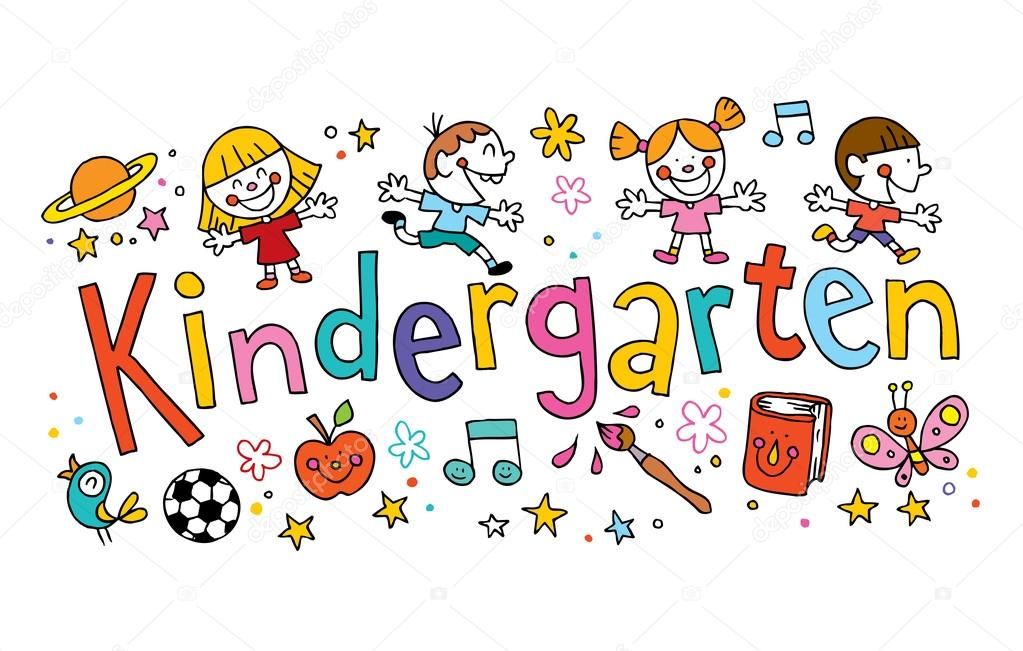Continued on from Part 1.......
5. Development of play and social skills:
-
We know that children learn so much through play at home, in the community, with siblings, parents and friends
-
Play is your best friend in helping your child get ready to start Kindy, and it is always fun and engaging for them so makes it so easy too
-
Fine and gross motor skills develop the most through play – as everything is incidental, and they don’t realise how many skills they are building!
-
Of course, it is great if your child has some idea of how to write their name and basic letters/numbers, but this is also what school is there to teach them – you could play things like shops or teachers, and do some incidental practice of these things to make it more fun and engaging for them if you really want them to have a go
-
Get involved in groups, and head to playgrounds, as these are great places to increase social interactions, especially with children they might now know, which is going to be the case at school – lots of new faces!
6. Start to practice the school day routine:
-
Adapt and try and imitate meal time routines during the day to what they will do at school i.e. a few snack times and lunch, rather than being able to graze/eat whenever they like
-
As school gets closer on a few mornings make a plan to go somewhere, where you might need to take a lunchbox, get dressed, pack a bag etc. so you can work together to help your child
-
Ensure your child has a few nutritious breakfast options that you are already aware of, and will be a winner before they head off to school
-
Try some different lunchbox foods and snacks – anytime you go out over the holidays/before they start school pack things that you think they might like so when school comes around you will be confident they will more than likely eat what you pack them
-
Using a visual schedule/pictures/checklist to help your child in the morning to try and get through everything they need to in a calm way – try to ensure you have time, and are not rushing, as although sometimes we know this can’t be helped it is not quite starting the day off on the best foot!
-
Setting up a general calendar/visual schedule so your child knows what will be happening during each day of the week i.e. after school activities, special things that might be on at school, who will be picking them up
-
Probably goes without saying but there is no nap time at school, so ensure that they do not have any structured sleeps/rest time before they start Kindy
7. Support from an Occupational Therapist:
-
If you work with an OT, or other allied health professional ensure you communicate with them around your child’s upcoming transition into school – we can help practice skills needed, and make the process a whole lot easier!
-
Sign your child up for a ‘School Readiness’ school holiday group, (look out for the ones we offer at KFOT!) as these work on helping with all of the skills needed for Kindy, as well as the social side, with the other children attending
-
Put some feelers out for your OT to go in and do a school observation to ensure they can support and provide any strategies
-
Connect your OT with your child’s new teacher, as although they might not have much to say at the start it is nice for them to know we are always here to help
